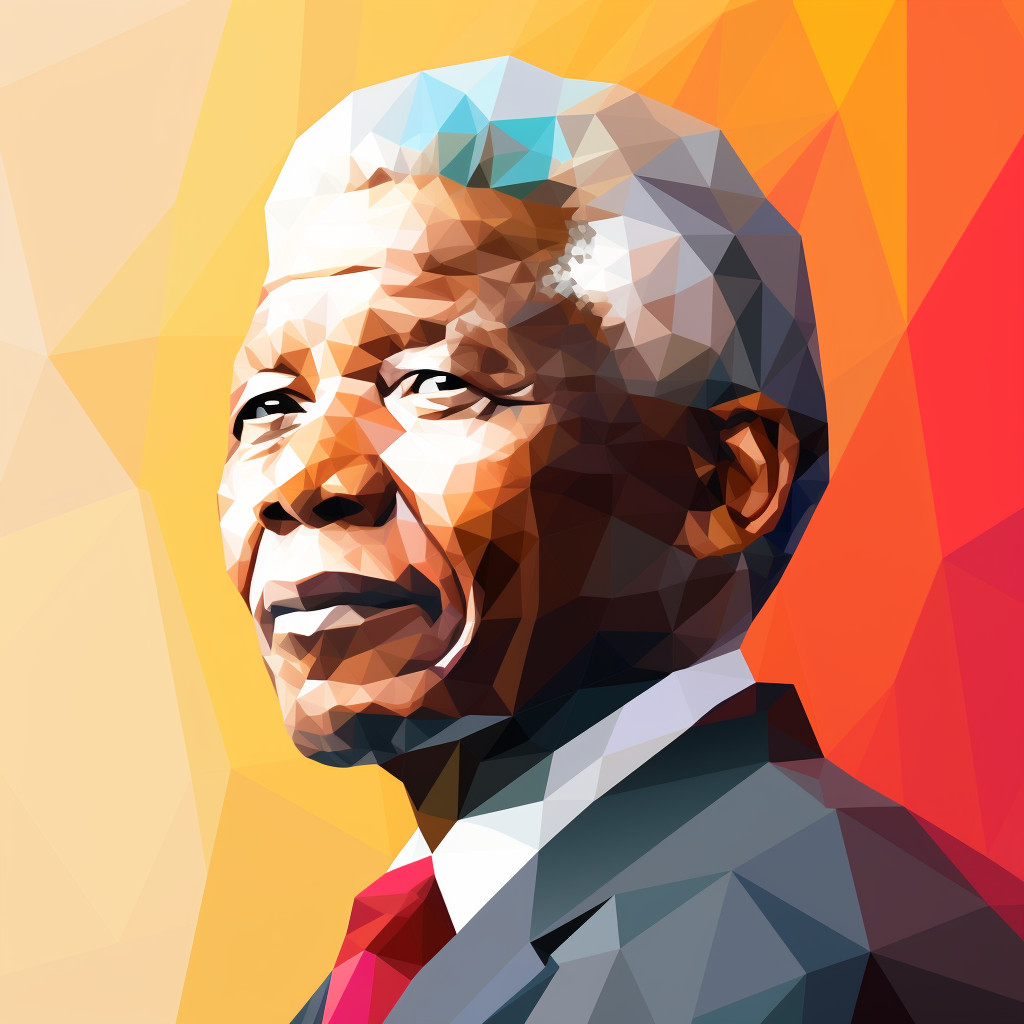This quote encapsulates the idea that there comes a pivotal moment in the existence of any nation when it is faced with two stark choices – either to submit to oppression, injustice, or unfavorable circumstances or to fight against them. It’s a call to action, a recognition that passivity can no longer be an option when the very essence of a nation – its values, its dignity, its sovereignty – is at stake.
The choice to “submit” signifies acceptance of the status quo, surrendering to the forces at play, and letting external circumstances dictate the nation’s fate. The choice to “fight”, on the other hand, signifies resistance, standing up against the odds, and taking control of the nation’s destiny.
In the context of today’s world, this quote can be seen as a reflection on the various challenges that nations face – be it political unrest, economic crisis, social inequality, environmental threats or pandemics. It urges nations to take decisive action, to confront these issues head-on rather than succumbing to them. It’s a reminder that the path to change and progress often demands courage, resilience and a willingness to fight for what is right and just.
On a personal level, this quote can be a powerful metaphor for individual growth and development. Just as nations face defining moments, so do individuals in their personal lives. There are times when one is confronted with difficult situations or tough decisions – these are the moments that test one’s mettle, shape one’s character, and determine one’s path. The choice to “submit” may represent giving in to fear, doubt, or complacency. The choice to “fight”, however, represents overcoming these obstacles, standing up for one’s beliefs, and striving to achieve one’s goals. The quote, therefore, serves as a reminder that personal growth often requires courage, determination, and the will to fight against the odds.









